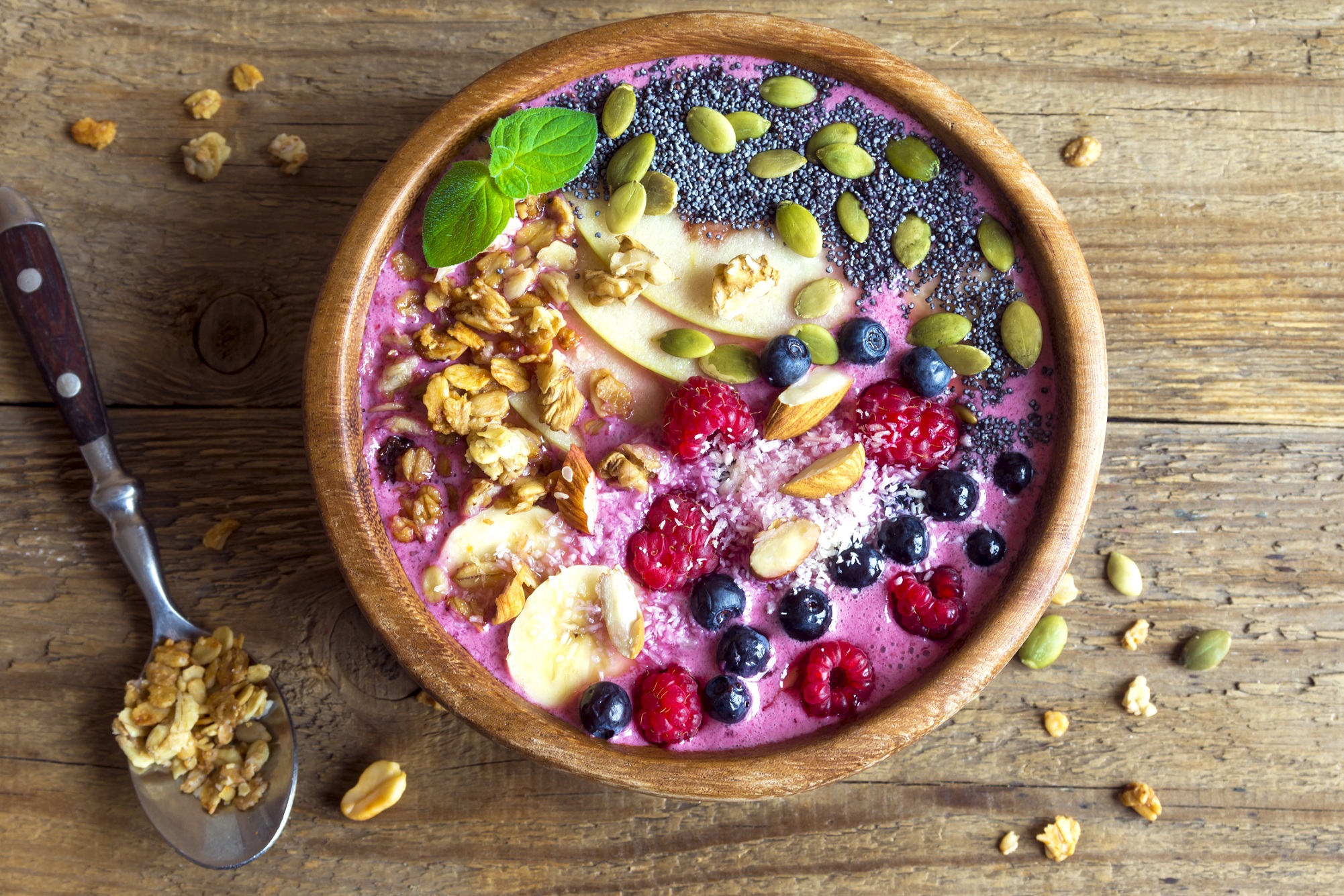Many people are concerned about maintaining a healthy balanced diet. This has meant that a great number of people are interested in incorporating superfoods into their daily diet. While the summer months offer a wide array of delicious and brightly colored berries, to boost the nutritional content of a diet, many people struggle to find superfoods during the colder winter months. However, there is a wide range superfoods that can be easily sourced in winter.
Dried Berries:
While fresh juicy berries are appealing in the summer months, these are often seasonal and unavailable when the weather is colder. However, there is a wide range of dried berries, available in health food and grocery stores throughout the year. Dried berries such as goji, acai or blueberries can make a fantastic addition to your breakfast cereal or as a healthy snack. They are still packed with plenty of nutritional benefits and can add a boost of vitamins to keep coughs and colds away.
Frozen Berries:
This is another convenience for the winter months. You can either purchase frozen berries from your grocery store or plan ahead in summer by freezing seasonal fruit. Frozen berries may not be as appetizing to eat on their own, but they can add a great nutritional boost to a smoothie or juice. For example, frozen blueberries are a great stand by to create a delicious smoothie to cheer you up on a cold winter day.
Dark Chocolate:
Nothing says winter like enjoying a rich cup of hot chocolate by the fire, but did you know dark chocolate is considered a superfood. You will need to choose a brand which has a high percentage of cocoa solids to gain the optimum health benefits. However, this can be an easy way to enjoy a sweet treat packed with health boosting flavanols. You can either eat the dark chocolate or grate an ounce of dark chocolate into a mug of your preferred milk. Heat this gently over a low flame, stir well to achieve a rich consistency. You can even add in some health boosting spices, such as cinnamon for an even greater nutritional impact. Just be sure not to boil your milk as this will compromise the taste. If you are concerned that the milk is getting too hot, remove it from the heat and stir as the chocolate will continue to melt.
Winter Greens:
Winter green vegetables such as cabbage are also powerful superfoods. Cabbage contains a great range of nutrients such as Vitamin B6, manganese and dietary fiber. However, it also has cancer fighting properties and contains phytochemicals which can assist the metabolism of estrogen. While you may have been deterred from cabbage in the past, set aside those school lunch nightmares, as it’s worth revisiting this amazing nutritional powerhouse. Cabbage should be lightly cooked to retain the nutrients and keep it’s delicious flavor. If you still can’t stomach the thought of cabbage, why not look at kale, collard greens, broccollini or Brussels sprouts.
Potatoes:
Potatoes have unfairly got a bad reputation. Cooking them in oil, as fries or roasted potatoes, does not optimize their nutritional value. However, the humble potato does provide some great health benefits. If you also eat the skin of the potato, you can gain up to 45% of your Vitamin C daily requirement, in addition to 18% of the recommended daily amount of potassium. Potatoes naturally contain no cholesterol or fat, they are a good source of protein and fiber. Try baking your potato, just avoid smothering it with sour cream or butter for maximum nutritional benefit. If regular potatoes don’t appeal, why not opt for a sweet potato. Just remember to consider the method of cooking to avoid extra calories and fat.
The colder winter months can be a challenge to a healthy eating plan. The cool temperatures often encourage comfort eating of carb rich heavy foods. However, by adding winter superfoods to your diet, you should feel happier and healthier, standing more chance of fitting into your bathing suit when the warmer months finally arrive.










